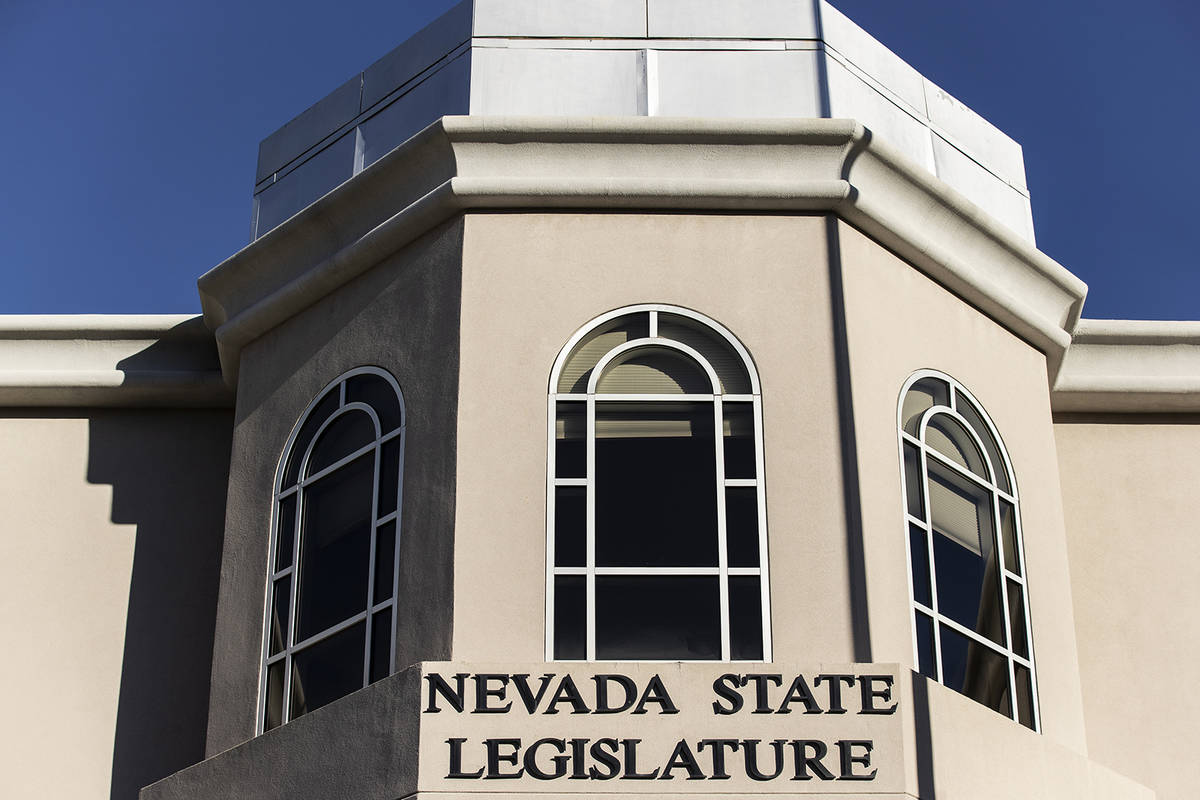VICTOR JOECKS: If Obamacare worked, Nevada wouldn’t need a public option
If Obamacare had delivered on its promises, there would have been no need for the Legislature to pass a so-called public option.
Nevada Democrats garnered national attention recently by passing the nation’s second public option plan, which means the state will offer health insurance that competes with the private market. Gov. Steve Sisolak said he would sign the bill.
Sen. Nicole Cannizzaro said Senate Bill 420 was necessary to fix problems with Nevada’s current health care system.
One of the most common concerns I hear “relates to the cost of health care,” she said when presenting the bill. She continued, “With nearly 350,000 uninsured Nevadans, our uninsured rate is the seventh highest in the nation. Nevadans pay some of the highest costs, but we still struggle with disappointing health outcomes.”
That’s an unintentionally comprehensive takedown of Obamacare.
When he was running for president, Barack Obama said he would “lower premiums by up to $2,500 for a typical family per year.”
That didn’t happen. Premiums doubled between 2013 and 2017, according to the Heritage Foundation. The Urban Institute found the lowest-cost Obamacare silver plan increased by nearly 30 percent in 2018. In some cases, subsidies lowered the cost the customer paid directly.
Obamacare was also supposed to dramatically reduce the number of people without insurance. That number did go down. In 2013, there were 44.3 million non-elderly uninsured. After Medicaid expansion and the exchanges started, that dropped to 28.2 million in 2016, before increasing. Last year, it was 30 million.
But the reduction in the uninsured wasn’t a result of Obamacare improving the market. Far from it, as the premium hikes show. The bill did require people to have insurance, and it expanded Medicaid if states opted in. Most have. The pre-Obamacare average monthly enrollment in Medicaid was 56.5 million. In November, it was 78.9 million.
So most of the reduction in the number of uninsured came from the expansion of an existing government program. Nevada’s Medicaid population more than doubled, growing from 333,000 to 743,000.
Then there are health outcomes, which, as Cannizzaro notes, remain disappointing. In a 2019 study, professors from Northwestern and Indiana University examined the relationship between mortality and Medicaid expansion. “We do not find a statistically significant pattern of results consistent with Medicaid expansion causing mortality changes,” their paper states.
This is a classic example of the inevitable consequences of government intervention. Liberals promise that a new state-run program will fix a problem. Instead, the government makes things worse. Liberal politicians then declare this new larger problem reveals the need for a new government program. When this fails, liberal politicians will return once again promising that the solution is more government.
What’s especially ironic is that 37 percent of uninsured Nevadans are already eligible for Medicaid, according to a letter submitted by Nevada business groups. If they aren’t signing up for an option that’s free to them, they’re unlikely to sign up for an option they have to pay for.
The problem with government competing against private insurance plans should be obvious. Private companies have to turn a profit or go out of business. A government insurance plan can lose money and use wealth transfers to subsidize its losses. It could even raise taxes on private insurance companies to subsidize its program. If pursued aggressively, the government plan will drive private competitors out of the marketplace. That paves the way for single-payer health care.
The only good news is that Nevada’s public option won’t start until 2026. Perhaps voters can force politicians to see the error in creating a new government program to fix the problems created by a past government program.
Contact Victor Joecks at vjoecks@reviewjournal.com or 702-383-4698.











